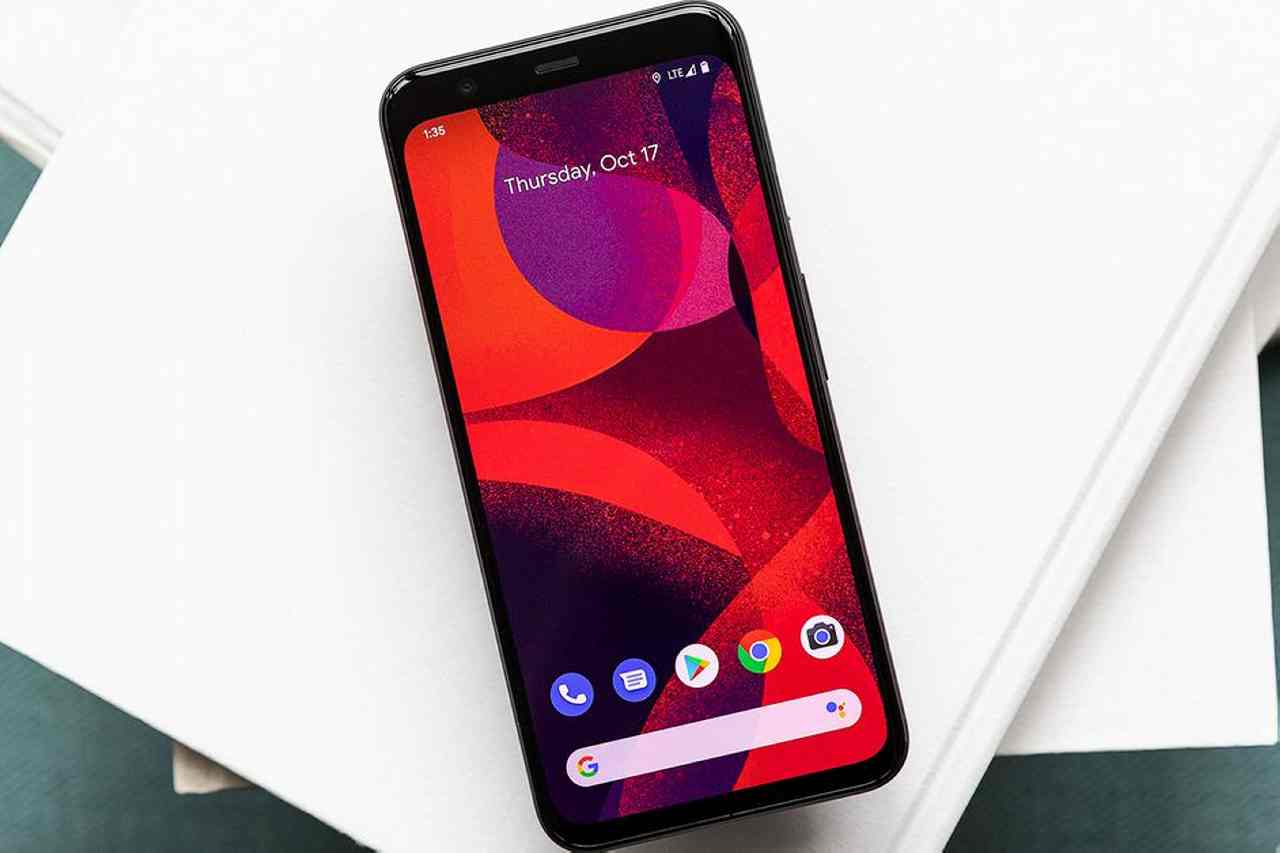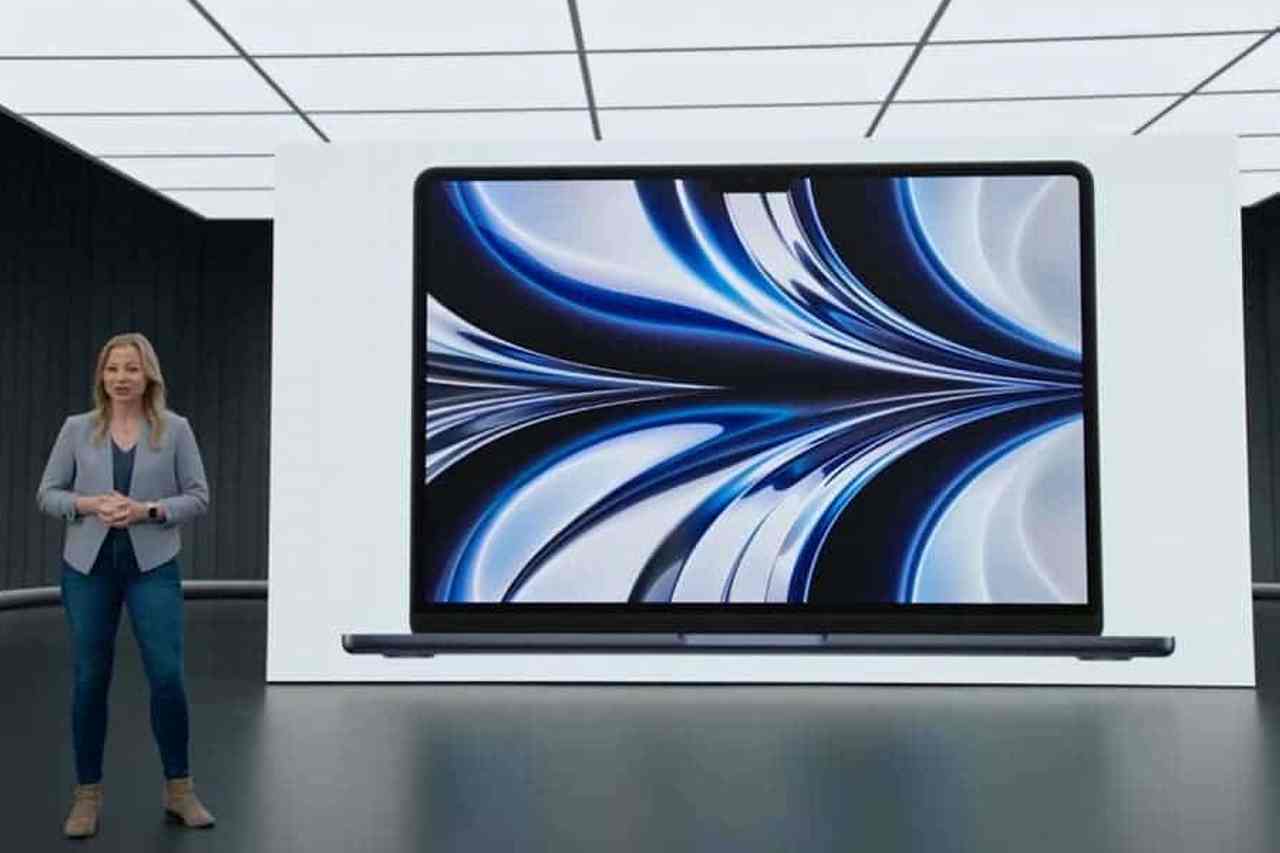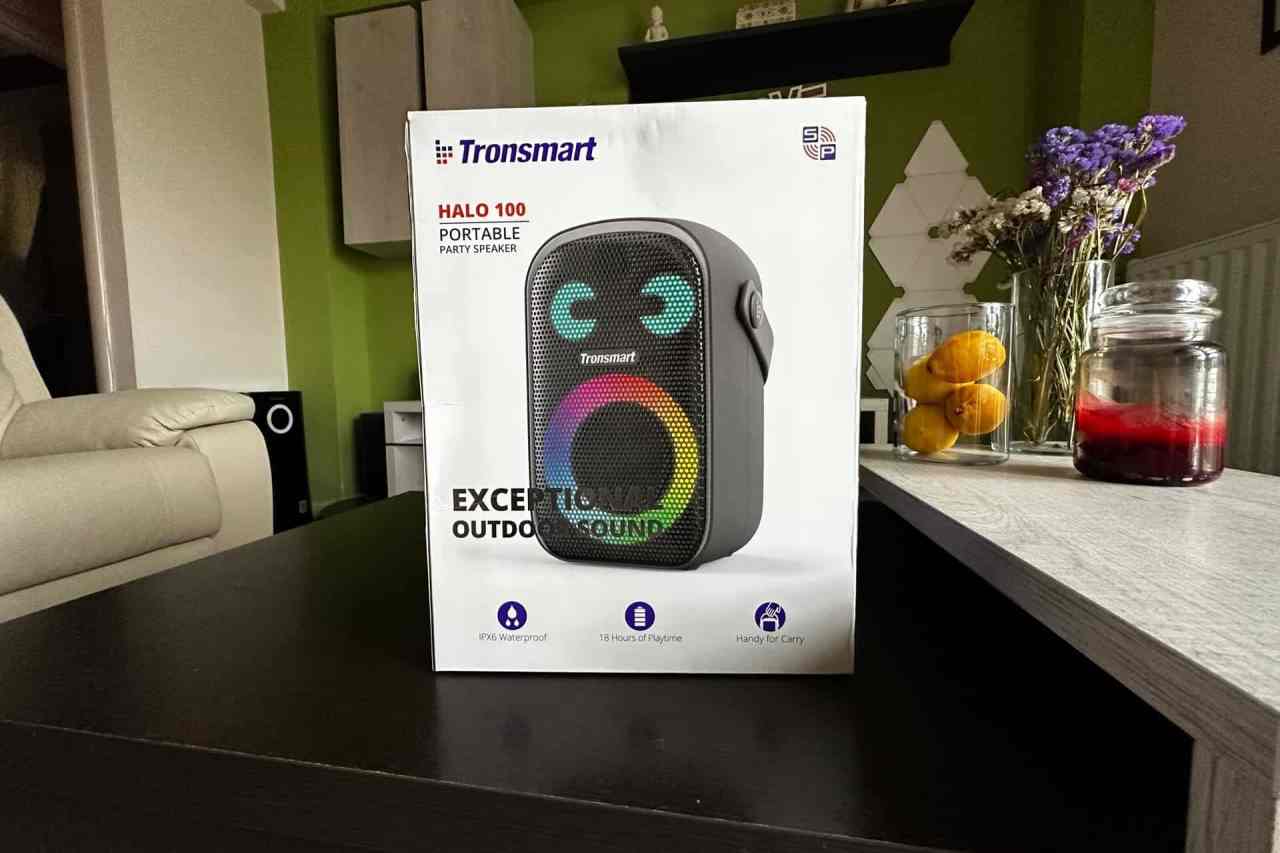Google and iHeartMedia are settling with the Federal Commerce Fee (FTC) and 7 state attorneys basic for allegedly paying radio hosts to learn endorsements of the Pixel 4 when the hosts hadn’t really used the telephone. Google allegedly paid greater than $2.6 million to iHeartRadio and nearly $2 million “in reference to eleven smaller radio networks” for the misleading advertisements endorsing the Pixel 4.
For the advertisements, Google supplied scripts for hosts to learn on air, which usually started like this, per the criticism:
The one factor I really like greater than taking the proper picture? Taking the proper picture at night time.
With Google Pixel 4 each are a cinch.
It’s my favourite telephone digicam on the market, particularly in low gentle, because of Night time Sight Mode.
I’ve been taking studio-like images of every part . . . my son’s soccer recreation . . . a meteor bathe . . . a uncommon noticed owl that landed in my yard. Pics or it didn’t occur, am I proper?
Pixel 4 is extra than simply nice pics. It’s additionally nice at serving to me get stuff performed, because of the brand new voice-activated Google Assistant that may deal with a number of duties without delay.
I can learn up on the most recent well being fads, ask for instructions to the closest goat yoga class (sure, that’s a factor), and textual content the placement to mother hands-free. . . .
You possibly can hear examples of the recordings on the FTC’s web site. They stick fairly near the script.
However for the “majority” of Pixel 4 advertisements, hosts weren’t given Pixel 4s earlier than they recorded the advert spots, in keeping with the FTC’s press launch — regardless of iHeartMedia asking for telephones forward of recording in October 2019, as famous within the criticism. iHeartMedia later requested once more for telephones after Google requested further advertisements in January 2020, and Google ultimately despatched simply 5, or one for every market the place the advertisements could be recorded. Almost 29,000 of the misleading advertisements aired in 2019 and 2020, the FTC says.
As a part of the settlement, each Google and iHeartMedia will probably be barred from misrepresenting endorsers’ experiences. Google can’t misrepresent experiences with “lined” merchandise (together with its client merchandise), whereas iHeartMedia can’t misrepresent experiences with “any client services or products.” Google and iHeartRadio can even pay $9.4 million to the states they’re settling with.
“We’re happy to resolve this situation,” Google spokesperson José Castañeda stated in an announcement to The Verge. “We take compliance with promoting legal guidelines critically and have processes in place designed to assist guarantee we observe related rules and business requirements.” iHeartMedia declined to remark.
Associated
- Google Pixel 4 and 4 XL overview: greater than the sum of its sensors













